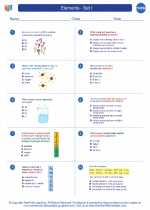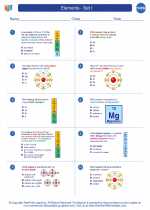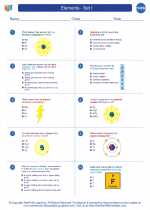Urbanization
Definition: Urbanization refers to the increasing population shift from rural to urban areas, resulting in the growth of urban areas and the development of cities.
Causes of Urbanization:
- Rural-urban migration: People move from rural areas to cities in search of better employment opportunities and improved quality of life.
- Industrialization: The growth of industries and employment opportunities in urban areas attracts rural residents to move to cities.
- Natural population growth: Urban areas experience higher birth rates and lower mortality rates, leading to population growth within cities.
- Infrastructure development: Improved infrastructure in urban areas, such as transportation and communication networks, makes cities more appealing for living and working.
Impacts of Urbanization:
- Infrastructure strain: Rapid urbanization can lead to strains on existing infrastructure, such as transportation, water, and sanitation systems.
- Environmental impact: Urbanization can result in increased pollution, deforestation, and loss of natural habitats.
- Social changes: Urbanization can lead to cultural shifts, changes in family structure, and the development of diverse communities.
- Economic growth: Urbanization can drive economic growth through increased productivity, innovation, and entrepreneurship in urban areas.
Challenges of Urbanization:
- Slums and informal settlements: Rapid urbanization can result in the formation of slums and informal settlements, leading to housing and sanitation issues.
- Traffic congestion: Increased urban population leads to traffic congestion and transportation challenges.
- Income inequality: Urbanization can exacerbate income inequality, with disparities between the wealthy and the urban poor.
- Public health concerns: Overcrowding in urban areas can lead to public health challenges, such as the spread of infectious diseases.
Urban Planning and Sustainable Development:
Urban planning plays a crucial role in managing the challenges of urbanization and promoting sustainable development. It involves the design of cities, allocation of resources, and implementation of policies to create livable, inclusive, and resilient urban spaces.
Study Guide:
When studying urbanization, consider the following key points:
- Understand the causes and impacts of urbanization on the environment, society, and economy.
- Examine the challenges associated with rapid urbanization, including infrastructure strain, social disparities, and public health concerns.
- Explore the role of urban planning and sustainable development in addressing the challenges of urbanization.
- Compare urbanization trends across different regions and countries to analyze variations in urban development.
- Discuss potential solutions and strategies for managing urbanization in a sustainable and equitable manner.
By thoroughly understanding the complexities of urbanization, you can gain insights into the dynamic processes shaping the world's urban landscapes and contribute to informed discussions on sustainable urban development.
.◂Chemistry Worksheets and Study Guides High School. Elements - Set I
Worksheet/Answer key Elements - Set I
Elements - Set I  Worksheet/Answer key
Worksheet/Answer key Elements - Set I
Elements - Set I  Worksheet/Answer key
Worksheet/Answer key Elements - Set I
Elements - Set I 

 Worksheet/Answer key
Worksheet/Answer key
 Worksheet/Answer key
Worksheet/Answer key

The resources above cover the following skills:
PHYSICAL SCIENCE (NGSS)
Matter and Its Interactions
Students who demonstrate understanding can:
Use the periodic table as a model to predict the relative properties of elements based on the patterns of electrons in the outermost energy level of atoms.
Plan and conduct an investigation to gather evidence to compare the structure of substances at the bulk scale to infer the strength of electrical forces between particles.